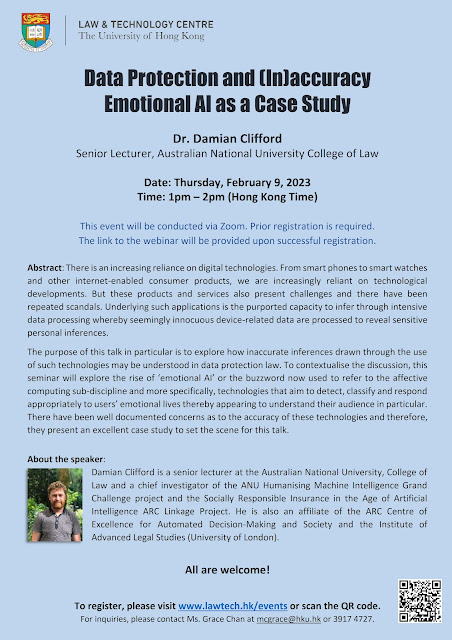Welcome to Professor Sida Liu who joined the Faculty of Law as a Professor of Law! Professor
Sida Liu 劉思達, LLB, Peking
University Law School, 2002, PhD, The University
of Chicago, 2009, also holds a courtesy appointment in the Department of Sociology. Professor Liu’s research interests include sociology of law, Chinese law and society, criminal justice and human rights, law and globalization, and sociolegal theory. He has conducted extensive empirical research on various aspects of China’s legal reform and legal professions. In addition to his empirical work, Professor Liu also writes on theories of law, professions, and social spaces.
Professor Liu is the author of three books in Chinese and English, including The Lost Polis: Transformation of the Legal Profession in Contemporary China (Peking University Press, 2008), The Logic of Fragmentation: An Ecological Analysis of the Chinese Legal Services Market (Shanghai Joint Publishing Co., 2011), and Criminal Defense in China: The Politics of Lawyers at Work (with Terence C. Halliday, Cambridge University Press, 2016). He has also published many articles in leading law and social science journals, including Law & Society Review, Law & Social Inquiry, Law & Policy, Asian Journal of Law and Society, Wisconsin Law Review, Fordham Law Review, Yale Journal of International Law, Journal of Legal Education, Annual Review of Law and Social Science, American Journal of Sociology, Sociological Theory, European Journal of Social Theory, China Quarterly, etc. Most recently, Professor Liu has co-edited The Asian Law and Society Reader (with Lynette J. Chua and David M. Engel, Cambridge University Press, 2023).
Professor Liu holds external courtesy appointments as Faculty Fellow at the American Bar Foundation, Affiliated Scholar of the U.S.-Asia Law Institute at New York University School of Law, Faculty Affiliate of the Center on the Legal Profession at Harvard Law School, and Vice President of the China Institute for Socio-Legal Studies at Shanghai Jiao Tong University. He has served as Chair of the Section on Sociology of Law at the American Sociological Association and Board Member of the Law & Society Association, the Asian Law & Society Association, the Canadian Law & Society Association, and the Consortium of Undergraduate Law and Justice Programs. Before joining the HKU faculty, Professor Liu taught at the University of Toronto and the University of Wisconsin-Madison. He received his LLB from Peking University Law School and his PhD in sociology from the University of Chicago. In 2016-2017, he was a Member of the Institute for Advanced Study in Princeton. His research areas include:
- Sociology of Law
- Chinese Law and Society
- Human Rights
- Law and Globalization


























